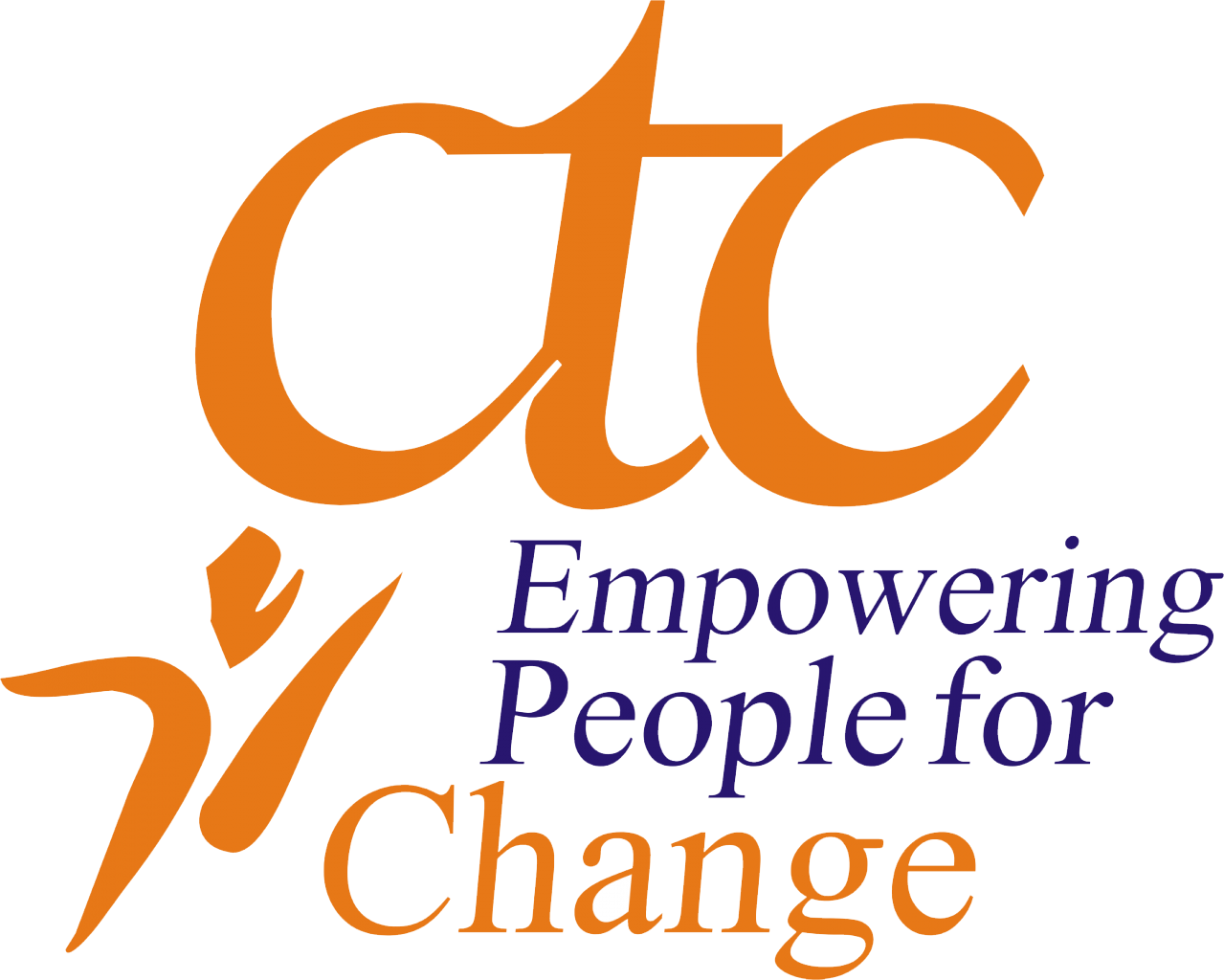 Implementing Organisation: Ilia State University, the Institute of Addiction Studies
Implementing Organisation: Ilia State University, the Institute of Addiction Studies
Partner Organisation: Addiction Research Center, Alternative Georgia
Duration: 7 months (1.07.2019 – 1.02.2020)
Background: Opiates Replacement Programmes (ORP) are an effective way to considerably reduce the use of illegal opiates, HIV risk behaviour, risks of drug overuse death, and other kinds of stress. ORPs serve as a gateway towards incorporating HIV screening, antiretroviral therapy as well as TB, Hepatitis C and other infections into treatment services.
As of today, prisoners have limited access to ORT which is a problem not only with respect to public health, but also from the perspective of human rights. One of the priorities set forth in the EU’s drugs strategy is to increase harm reduction coverage and accessibility (Council of the European Union, 2012).
Problem statement: The access to ORP for inmates in Georgia’s penitentiary system is far more limited than for those living beyond this system. Inmates are more susceptible to harms of drug abuse while drug use patterns are far more dangerous in prisons. It is critical that prisoners have the same quality access to programmes as beyond the penitentiary system. Methadone Maintenance Detoxification Treatment is available in two penitentiary institutions and constitutes a short detoxification course for new inmates which prevents the latter from enjoying their right to more effective and continuous treatment.
Overall objective of the project: Assess barriers to Opiate Replacement Therapy in the penitentiary system and develop recommendations for ensuring treatment.
Project Outcomes
- Study of international guidelines and recommendations as well as domestic legislation, guidelines and other regulatory papers.
- Examine the experience of former opiate-dependent inmates
- Examine the experience and opinions of healthcare professionals and service providers in both civil and penitentiary systems in order to identify barriers to accessing ORT in Georgia’s penitentiary systems.
- Develop and disseminate recommendations for improved access to ORT in Georgia’s penitentiary system.
Methodology
Desk review and qualitative research
Desk research phase will cover international guidelines and Georgian regulatory framework;
Qualitative research includes focus group discussions and individual interviews in Tbilisi, Telavi, Batumi, Zugdidi and Kutaisi. More specifically, at this phase researchers will conduct
- Focus group discussion and in-depth individual interviews with drug users with a history of ORT detoxification in prison
Individual in-depth interviews with prison’s health care unit, medical staff, managers of ORT in civil sector and addiction doctors etc.


You must be logged in to post a comment.